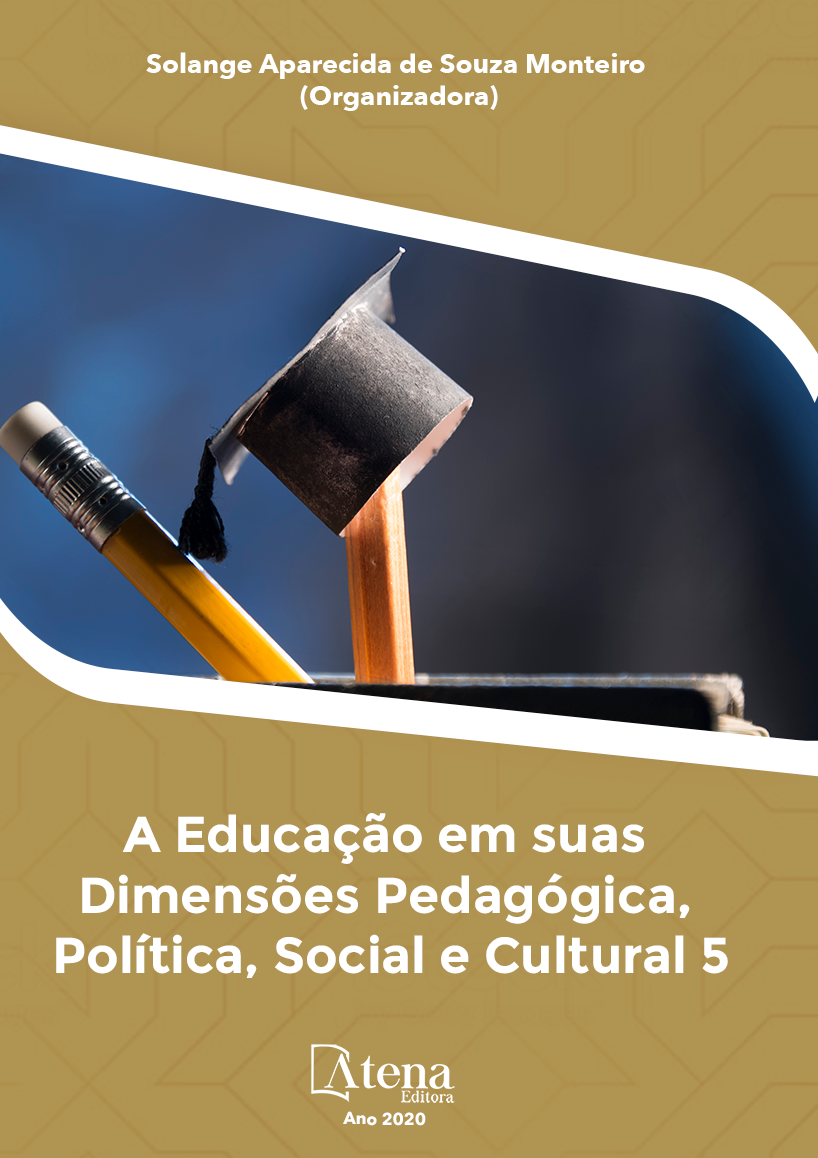
A RELAÇÃO ENTRE TRABALHO E CONHECIMENTO
Este estudo tem como objetivo
estabelecer a relação entre trabalho e
conhecimento para extrair dessa equação
o processo de divisão de ambos. Como
questão secundária abordaremos a concepção
de indivíduo presentes nos Parâmetros
Curriculares Nacionais, a partir da hipótese de
que se trata de uma concepção liberal de ser
humano. Assim, analisaremos as implicações
da concepção liberal no campo do trabalho e
da Educação e seus desdobramentos sociais
a partir do referencial teórico-filosófico da
Ontologia do Ser Social. Embora o liberalismo
tenha na autonomia do indivíduo seu princípio
fundamental, promove a separação entre o
trabalho e o conhecimento e, portanto, a unidade
entre o fazer e o pensar. O ser humano autônomo
é aquele que consegue fazer o que pensa e
pensar o que faz. O professor, como indivíduo,
não consegue pensar o seu fazer pedagógico
e o aluno, na mesma condição, não consegue
relacionar suas experiências de vida com o que
aprende na escola. Assim, acreditamos que a
escola, difusora do conhecimento, reproduz
essa concepção liberal, principalmente na
relação professor e aluno, o que pode ser
constatado no volume que introduz os PCNs
(MEC/SEF/PCN,1998). Na perspectiva liberal,
professores são indivíduos que ensinam e os
alunos são indivíduos que aprendem. Decorrido
esse percurso, investigaremos se a divisão do
trabalho dividiu também o conhecimento.
A RELAÇÃO ENTRE TRABALHO E CONHECIMENTO
-
DOI: 10.22533/at.ed.31320130213
-
Palavras-chave: Indivíduo. PCN. Ser social. Divisão do conhecimento
-
Keywords: Individual. PCN. social being. division of knowledge.
-
Abstract:
this research has as goal stablish
a relation between work and knowledge to
extract from this equation the process of division
in both. As a secondary matter we will talk about
the conception of the individual in the National
Curricular Parameter (PCN), beginning with
the hypothesis that it is a liberal conception of
human beings. Therefore, we will analyze the
implications of this conception on the work and
educational field and its social developments
from the philosophical theorist referential of
the Ontology of the Social Being. Although
the liberalism has its fundamental base in the
human autonomy, it promotes the split between
work and knowledge and, thus, the combination
of doing and thinking. The autonomous human
being is the one who can do what thinks and thinks about what does. The Professor, as
individual, can’t think of his “pedagogical doing” and the student, in the same condition,
can’t relate his experiences of life with what he learns at school. This way, we believe
that school, spreading knowledge, reproduces this liberal conception, especially when
it comes to the connection between teacher and student, what can be noted in the
introductory volume of the PCNs (MEC/SEF/PCN, 1998). In the liberal perspective the
teachers are individuals who teach and the students are those who learn. From this
path and completing this study, we will investigate if the division of work has divided
knowledge.
-
Número de páginas: 15
- Valmir Pereira


